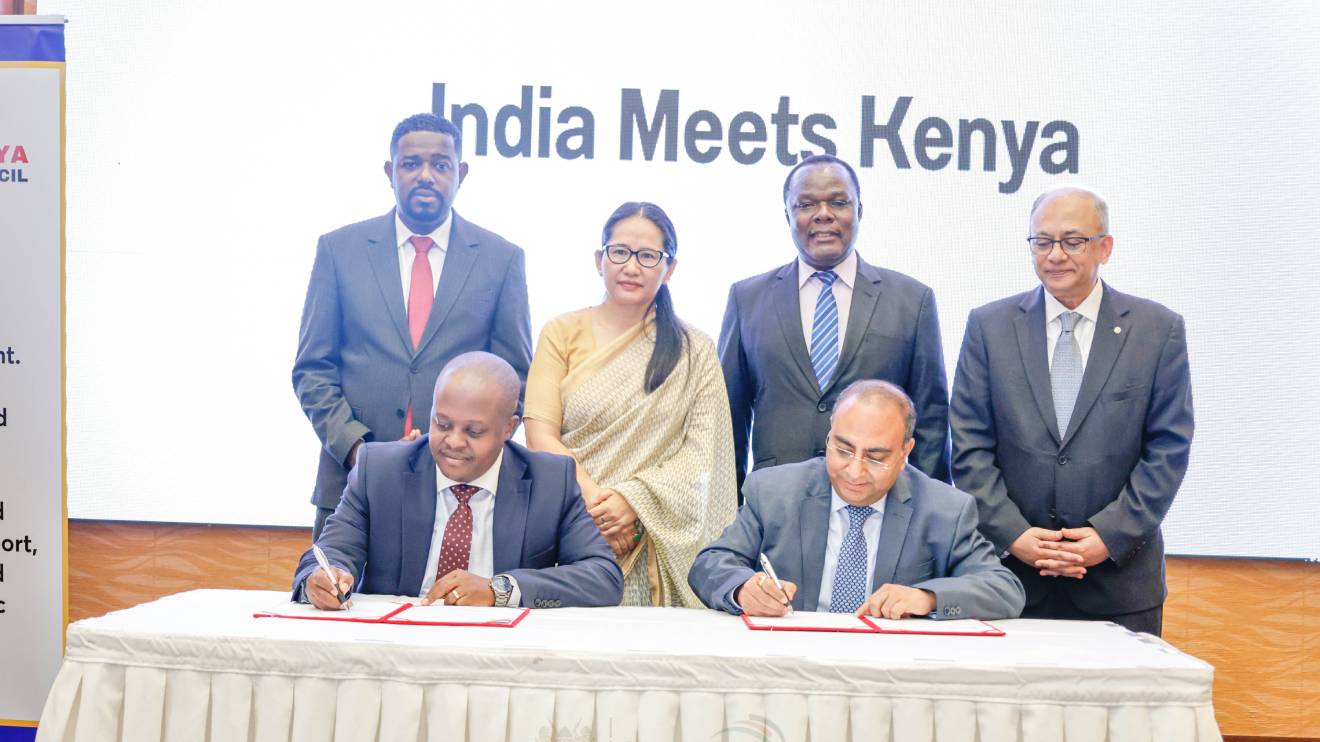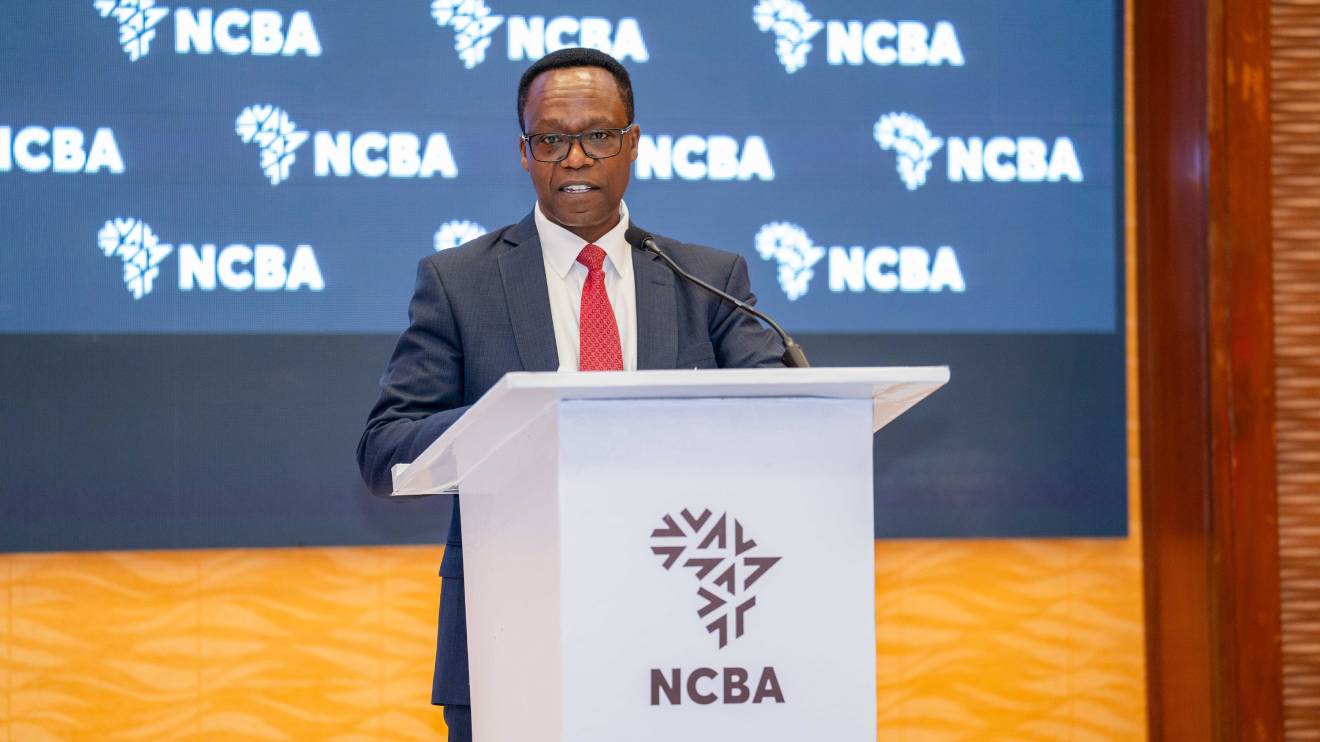Kenya Investment Authority (KenInvest) and the India Kenya Business Council (IKBC) have inked a fresh investment agreement in Nairobi, setting in motion a new chapter of commercial collaboration between the two countries.
The pact, signed at the Serena Hotel on Monday, is designed to expand private sector investment, deepen industrial integration, and pave the way for a more resilient and long-term economic partnership between Kenya and India.
Dr. Juma Mukhwana, CBS, Principal Secretary at the State Department for Industry, said the partnership aligns with Kenya’s wider strategy to industrialise and tap into global markets.
“This partnership supports our strategy to grow manufacturing, open new export markets, and position Kenya as a regional hub for production and logistics,” he said.
“We are aligning with reliable partners like India to move beyond short-term trade and build durable economic relationships grounded in joint development.”
Read More
India, which remains one of Kenya’s top five trading partners, has invested heavily in the country through over 200 enterprises spanning sectors such as telecommunications, pharmaceuticals, manufacturing, agro-processing, real estate, and banking.
These investments have not only enhanced local enterprise development and job creation but have also driven technology transfer and innovation across key sectors.
The Principal Secretary for Investment Promotion, Abubakar Hassan Abubakar, echoed the importance of creating a more inviting business environment.
“We are making efforts to improve the investment climate and create a more predictable, transparent environment for doing business,” Abubakar stated.
“We look forward to deeper collaboration with Indian industry to drive job creation, skills development, and innovation across key sectors.”
With a trade relationship that is both complementary and dynamic, Kenya exports tea, legumes, tanned hides, coconuts, fruits, and carbonates to India, while importing pharmaceuticals, processed industrial goods, and machinery.
The bilateral structure opens opportunities for joint ventures in value-added manufacturing and knowledge-sharing.
According to John Mwendwa, the Chief Executive Officer of KenInvest, the agreement reinforces Kenya’s position as an investment destination for Indian enterprises looking to tap into the regional markets.
“This agreement signals our intent to attract high-quality investment and promote Kenya as a gateway to East Africa and the wider COMESA region,” Mwendwa stated.
“It builds on growing interest from Indian firms to expand operations in sectors aligned with our development priorities.”
Beyond enhancing sectoral cooperation, the agreement also seeks to narrow Kenya’s trade deficit with India—currently standing at Sh202 billion (USD 1.56 billion), by encouraging more exports of horticultural produce, leather goods, processed foods, and other value-added agricultural products.
Namgya C. Khampa, India’s High Commissioner to Kenya and Patron of the India Kenya Business Council, underscored the deeper meaning of the partnership.
“This collaboration reflects the strong trust and shared ambition between our countries,” she said.
“It affirms Kenya’s role as a strategic partner, open, well-positioned, and focused on innovation-led growth. We see this as a long-term investment in mutual progress.”
The new agreement adds to existing frameworks such as the Indian Technical and Economic Cooperation (ITEC) Programme and the revised Double Taxation Avoidance Agreement.
These ongoing initiatives have laid the groundwork for cooperation in areas like healthcare, education, and skills development—sectors where Indian investments have already made a tangible impact.
Ultimately, the deal aims to turn goodwill into action—anchoring diplomatic relations in projects and partnerships that generate real economic value for both countries.


-1756474472.jpg)



-1753733469.jpeg)


